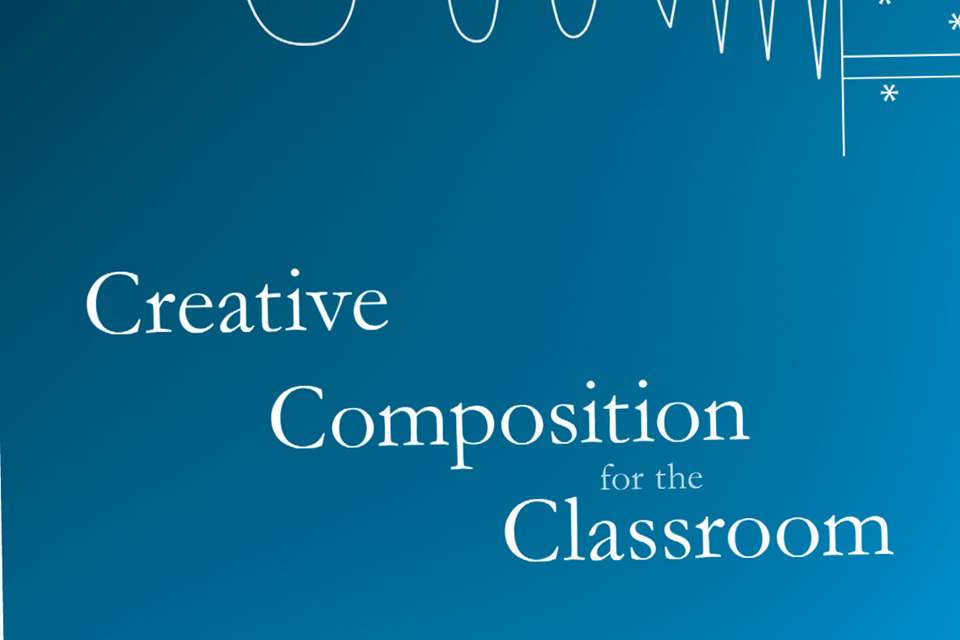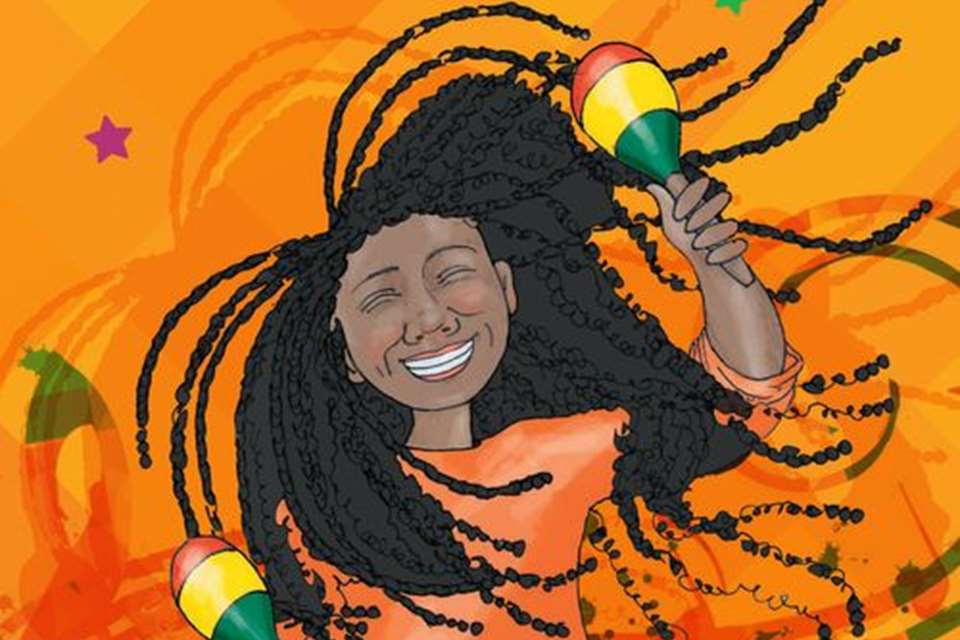Lessons learnt from change: Moving school as a music teacher
Anonymous
Wednesday, June 1, 2022
Moving school as a teacher can be a significant but exciting challenge. Here, one music teacher shares their experience of moving country to start a new position at a new school.

Nuthawut/AdobeStock
On a cold, January morning, during the 2021 lockdown, I woke up and knew that I couldn't go back to the way things were. It sounds cliché, but it was like a button was pressed in my brain. After a decade in the school I joined as an NQT, I was ready for a new challenge. Maybe it would have happened despite Covid; we'll never know.
Trying to recreate what our department had been like ‘in the before times’ didn't seem right; it didn't seem possible either. Upon our return to teaching in person, I just couldn't see how I could find the same levels of intensity that I'd consistently found in the first decade of my career. It was time to change direction.
The pandemic forced everyone to reassess, and our family was no different. For us, for various reasons, moving on meant emigrating, and so I started applying for jobs all over mainland Europe. My lack of experience in teaching the International Baccalaureate (IB) proved to be a stumbling block; there were several rejections, and many more unacknowledged applications.
However, in the weeks before the final half term, after a whirlwind of interviews (including one in my second language that I managed to stumble through, impressing only myself), I had secured a position as a music teacher in an international school in Europe. Almost overnight, we were selling our family home in the countryside, dropping down to one salary, renting a city apartment, and heading towards financial instability, much less job security, and pretty much the first major disruption to our previously comfortable existence.
I was stepping from a head of department position to a classroom music teacher. I was moving from a small, tightly knit, established department into a bigger team, a much larger faculty, and a school with many more transient staff (an inherent feature of international schools). Looking back, the professional ‘culture shock’ was much more significant than the personal one – hardly surprising, given we had moved from one developed Western nation to another.

DANCEYOURLIFE/ADOBESTOCK
Learning a new qualification
Fast forward to now: I've completed the lion's share of my first year, and it has been quite a ride. It is time for a little reflection.
Having taught KS3, GCSE and A Level Music for my entire career, teaching the IB has been by far the biggest shift. The IB is divided into the MYP (Middle Years Programme for Years 7–11) and the DP (Diploma Programme for Years 12 and 13). In the MYP, I see students for twice as long per week than in my previous school, and our units last for a whole term (I was accustomed to six-week blocks). As a result, our curriculum has more depth and breadth within each unit, and we can truly guide students on individual journeys of inquiry. I'm lucky to be working under a Music MYP coordinator who really knows their stuff; some of the music I've encountered through the various ‘case studies’ has been eye-opening and inspiring.
Those students who elect music in Years 10 and 11 have no externally assessed coursework or examinations, and the curriculum progresses throughout the MYP free of the stipulations of an exam board (although I will admit, I'll feel a pang of jealousy when my UK colleagues send their Year 11s on study leave weeks before I say goodbye to mine). In the DP, there is no final exam in music – everything is assessed through coursework. Alongside performances and compositions, students present analyses of music they select, as well as ‘experiments’ – evidence of their musical thinking as performers and creators, which is equally demanding and empowering for those who study music in Years 12 and 13.
Letting go
On the ground, the lessons in my new school don't look too different to my lessons in the UK, but the philosophy behind my teaching has changed a lot. Before, I thought I gave students space to develop their own musical personalities, and that I fostered their independence as artists. Having spent two terms with the IB, I now see that my lessons in the UK were far more structured and linear than I realised. My approach in the UK had a narrower (not narrow) focus – a result perhaps of a more homogeneous student body; the same cultural touchstones become less relevant when students come from nearly 100 different countries.
I maintain that I ‘taught music musically’, to adapt a phrase of one of my heroes Keith Swanwick, but it has taken me longer than I imagined to ‘let go’, allowing students to make mistakes and take circuitous routes through units in order to reach their musical understandings. Good teaching in the IB walks a tightrope between truly ‘open inquiry’ and ‘direct instruction’, and there is a focus on transferrable conceptual understanding that I really value. I cannot say which approach ‘works better’ (that is a can of worms I don't want to open here, but there is certainly an ever-widening gulf in approach between the IB and the British system that cannot be ignored).
Finding my niche
Looking back, I'd say I tried to do too much too soon in the first term. I had one big success early on, planning and leading a singing project with the whole of Year 7. Aside from that, I think I tried to impose too much of the way we did it in my previous school, particularly around clubs and ensembles. This surprises me, but looking back it was perhaps a subconscious defensive reaction, owing to the friction inherent in adjusting to a new school. The culture and organisation of every school is different, and mine is particularly complex with regards to the shape of the school day and how students organise their time.
I should have spent longer learning the ropes and working out what I could add to the programme, rather than trying to shape it into what I'd previously experienced. I was used to complete creative control, and here I am one small part of a larger machine. Everyone has their part to play in a successful programme across the arts. It took me a while to really absorb this, and I was left more than a little frustrated. A term later, and I've started to find my niche, and I'm hoping I can lead some more successful projects in my second year and beyond.
Move on to move on
Moving school has changed my thinking about the future of my career. There were times in my first job when I really thought I would stay a head of music, in the same school, forever (it was the kind of school in which lots of people did that, for better or worse). I couldn't see myself in leadership, or even outside of music; in some ways I never shook off the image of the inexperienced, nervous NQT – the teacher I was when I started. Although in many ways I still feel like a Year 7 on his first day of secondary school, my 11 years of experience have really helped me settle into my new workplace.
I've felt confident enough to offer my views and opinions, and I'm lucky to be listened to and respected when I speak, and I've recently been appointed as the subject coordinator for DP Music, starting in September. This will allow me to focus on an area in which I can take real ownership and foster positive change. The IB is built around a shared experience of education, for all parties, and is a step away from the ‘subject silos’ I've often seen in the UK (both approaches have their pros and cons, of course). I am now able to envisage a potential path into leadership; to make more of an impact on a whole-school level. My previous headteacher told me, ‘sometimes you need to move on to move on’ (or something like that), and after nearly a year in a new setting, I'm starting to really understand what he meant.
Personal growth
When I sat down to write this article, I thought I'd be focusing on getting lost in the corridors, frustrations over new systems, and how much better the coffee is in the new school. In truth, none of that really matters. I almost never compare the schools in the sense that ‘school A did this better than school B’, and vice versa. Moving school has been, above all, about personal growth, and learning how I fit into a much wider world of education. Working in the IB, experiencing life in a new country, and meeting new colleagues and students has added much richness to my life. I learn something from even the toughest days, and there have of course been a few.
Change looks different for everyone, and it doesn't have to mean fleeing the country, or even moving schools. Not every change is a successful one, and not every change is made through choice. It is part of life, and I've definitely avoided it in the past. Over the last year, I have learnt so much about the intrinsic value of broadening one's experiences and embracing change, and I'm fortunate that this change has been so successful for me, both personally and professionally.




